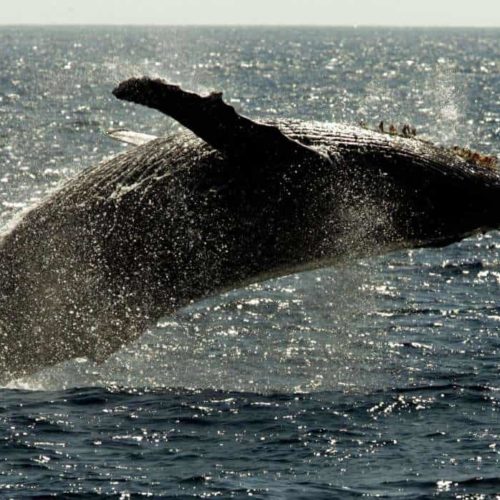Introduction
Millions of dollars awarded by a Hawaii branch of the U.S. Fish and Wildlife Service are at “significant risk for favoritism and fraud,” according to a recent report by the inspector general at the Interior Department.
To help protect Hawaii’s 300-plus threatened or endangered species, the Honolulu-based Pacific Islands Fish and Wildlife field office frequently awards grants and other assistance to private landowners and the state for conservation efforts.
But missing ethical safeguards and improperly completed documentation means that awards have been issued to recipients with close personal ties to grant administrators and there are few legal consequences for awardees who renege on their agreements.
Only one of more than a dozen of the office’s employees with grant administering powers had completed a financial disclosure report. One organization with two Fisheries and Wildlife employees on its board of directors had received more than $1 million in non-competitive grants. Nearly one-third of those funds were approved by a biologist whose husband later became president of the organization. The biologist continued to administer the grant even after her husband assumed leadership of the organization.
The IG report did not identify any individuals or organizations. The IG investigated fiscal years 2007-2009. The Pacific Islands overall budget in 2007 was $10.4 million; about a third went to grants.
In other instances, employees were in contact with potential award recipients before publicly posting grants and in some cases offered advice to potential recipients on completing their applications.
One grant administrator wrote to an ultimately successful applicant, that while the administrator was not supposed to talk to the applicant once the grant was posted, the applicant could call her at home or send messages to her personal e-mail account with questions.
Missing or improperly completed landowner agreements in 90 percent of inspected files meant that awardees were effectively shielded from legal consequences if they didn’t adhere to the terms of their agreement.
Three-quarters of the files were also missing forms binding recipients to adhere to federal accounting and conflict of interest policies.
Among the report’s nine recommendations are to improve landowner agreement practices, require grant administrators to file financial disclosure agreements, decrease the number of non-competitive grants and assess other regions to determine whether they have similar problems.
FAST FACT: 36 percent of the Pacific Islands Fish and Wildlife Office budget from 2007 to 2009 went to conservation grants and agreements.
Read more in Accountability
Accountability
U.S. lawmakers frustrated by lack of answers about Google Street View Wi-spying
Google faces wiretap charges in class-action suit


Join the conversation
Show Comments